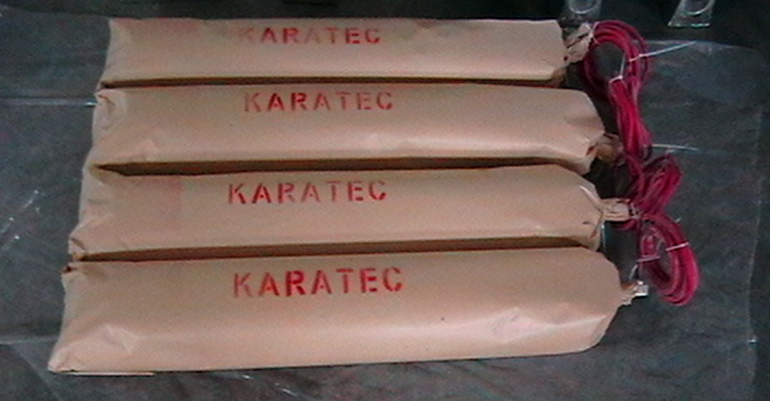
Sacrificial Anodes are highly active metals that are used to prevent a less active material surface from corroding. Sacrificial Anodes are created from a metal alloy with a more negative electrochemical potential than the other metal it will be used to protect. The sacrificial anode will be consumed in place of the metal it is protecting, which is why it is referred to as a "sacrificial" anode.
Cathode Protection
When metal surfaces come into contact with electrolytes, they undergo an electrochemical
reaction known as corrosion. Corrosion is the process of returning a metal to its
natural state as an ore and in this process, causing the metal to disintegrate and its
structure to grow weak. These metal surfaces are used all around us -- from pipelines to
buildings to ships. It is important to ensure that these metals last as long as they can
and thus necessitates what is known as cathode protection.
Aluminium Anode
Zinc Anode
Zinc Reference Electrode
Zinc Anode Rod
Soft Iron Anode
Magnesium Rod (Probe)